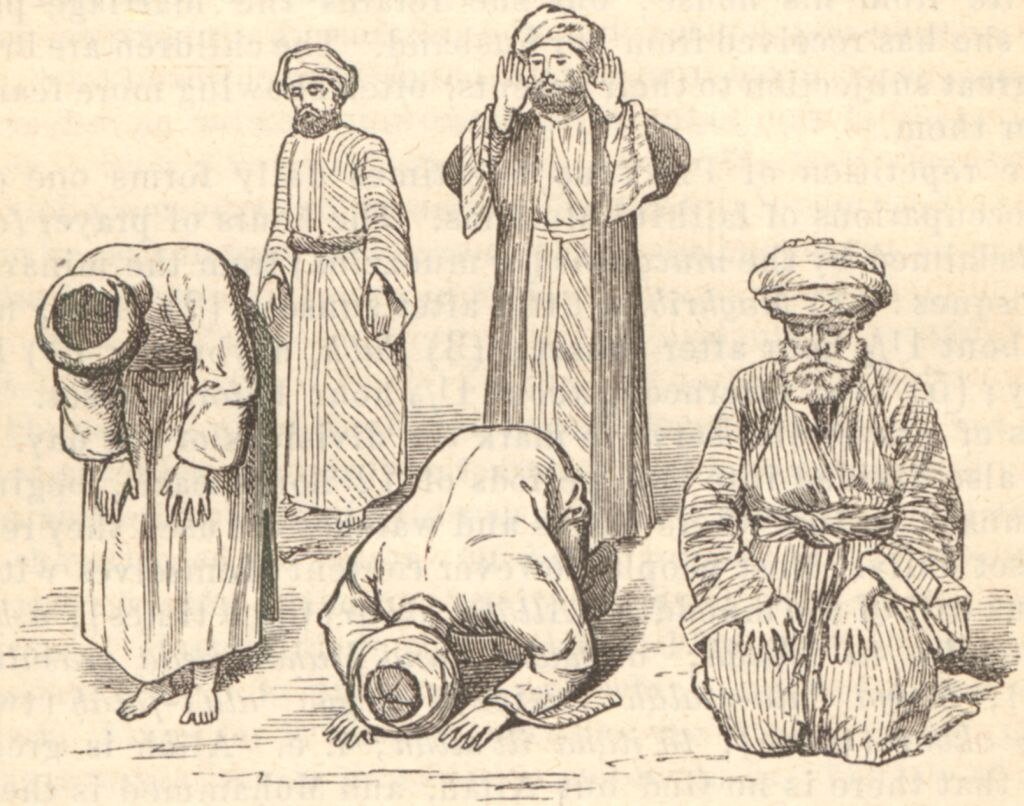
Indian press
The Indian press has done its duty in condemning unreservedly the most brutal and inhuman action of the Government of Afghanistan in stoning to death two of our brothers solely on the ground of differences of religious views.
The Pioneer, The Englishman, The Statesman, The Bengali, Amrit Bazar Patrika, The Civil and Military Gazette, The Leader, The Theosophist, New India, Young India, Moslem Outlook, Comrade, Hamdard, Paigam-i-Sulh, Prakash, Pratab, Kesri, Arya Gazette, Tej, Oudh Akhbar, Success, Jeevantat, Al Fazl, Al Hakam, and Noor are some amongst a host of dailies, weeklies, and monthlies which have with one voice disapproved of this inhuman action of the Afghan Government.
Public men of different shades of religious and political opinion and thought are equally vehement in condemning it. But there has ever existed on this earth of ours a section of humanity who are the sworn enemies of all progress, civilisation, and humanitarianism. They are the self-styled ulema, the notorious pharisees and scribes of our times. They have disgraced Islam in the eyes of the civilised world by proclaiming that, according to Islamic law, anyone who abjures Islam forfeits his life.
Islam countenances no such law. It stands for perfect freedom of conscience. We congratulate Mr Muhammad Ali for the bold stand he has made against these ulema.
Islam in America
“Since being appointed imam and missioner in July 1922, I have gained over 200 confessions to the faith of Islam in the city of St. Louis, Mo., alone, 32 from Americans in the United States, and 6 from foreign countries. I have published and distributed 1000 books, circulars, leaflets, etc., on Islam, and gained over 500 sympathetic friends and admirers. Our mission in St. Louis has been self-supported from the very start.
“I have had to face various kinds of difficulties. Allah is my protector and prayer is my comfort. Difficulties only make me more determined. My reward is with Allah, Al-Azeez, Al-Hakeem. The prayers of friends are solicited that I might further succeed.” – Sheik Ahmad Din (Mr Mott), St. Louis, Mo., USA.
Eid in Putney
In glorious weather on the smooth and beautiful green lawns of the Mosque, 63, Melrose Road, Putney, the members of the Ahmadiyya Community in London celebrated the Eid-ul-Fitr (Festival of the breaking of fast) on Saturday, 25 April [1925].
The visitors represented various countries, colours, and creeds, and included, among other notable persons, Dr Leon PhD, Major Thomas, and Colonel Douglas, the late Chief Commissioner of the Andaman Islands.
The service was led by the imam of the Mosque, the reverend Maulvi AR Dard[ra] MA. After the service was over a very learned and erudite address was given by the imam, in which he explained with clarity and lucidity the special features and significance of this festival.
At 1:30 the guests had their lunch, which included Indian dishes. At 3:30pm Maulvi Ghulam Farid Malik[ra] MA delivered a highly interesting and educative lecture on The Holy Prophet Muhammad[sa] in the Bible. The speaker quoted many verses of the Bible, with special reference to Daniel, Deuteronomy, and Matthew containing prophecies about the advent of a Master Prophet, which saw their fulfilment in the person of the Holy Prophet[sa] of Islam. After the lecture, Colonel Douglas gave an address, and then the big gathering dispersed, some leaving straight away and taking with them the vivid and lingering impressions of a beautiful ceremony, and some remaining to enjoy the day to its end. The occasion was a great success. – The Wandsworth Borough News
A new convert’s view on the significance of Prayer
After two years’ experience as a convert to the fold of Islam – the religion of humanity – with the Holy Quran as the guide for mankind, the following is my impression of the significance of the Muslim Prayer.
At the time of prayer, each one should be pure in mind and body. The Muslim Prayer embodies all modes of adoration and is an aggregate of all forms of physical and spiritual worship.
1. The genuflexion shows that, seeing the greatness of God, one bends oneself down, being wonder-struck, and stands afterwards in excessive humility.
2. Prostration is perfect obeisance, and shows extreme nearness and humility.
3. Sitting implies securing honour and respect bestowed by God, showing that He has accepted the supplication and given permission to sit down.
4. Lastly, salutation refers to the return from this spiritual journey to ordinary life.
The fact most worth noticing is that the worshipper has all the while to regard himself as standing in the Divine Presence. He begins his praise and thanksgiving in the third person, which is most appropriate. Then, pleased with his adoring words, when Allah seems to reveal Himself to him, he directly pleads to Him his incapacity as an adorer, his helplessness, and his need for guidance. Then he utters verses from the Holy Quran – mankind’s final testament – which are the exact, unerring, unaltered, and untarnished words of Allah, and therefore, it may be said, he seems to hear God Himself speaking to him. Realising the truth, he bends under awe, admiration, and love. Not knowing how he can do justice to the greatness of Allah, he rises in humility. He cannot stand long, but, considering His infinite greatness and his own insignificance, prostrates himself almost to become dust. Pleased with his humility, God seems to say, “Get up, my loving supplicant, and weep not,” and raises him up. Amazed with the infinite goodness of the Great God, he cannot help making a second prostration.
No other religion on this earth can come up to it. – AES Mondezie, Trinidad.
(Transcribed and edited by Al Hakam from the original English, published in the May 1925 issue of The Review of Religions)

